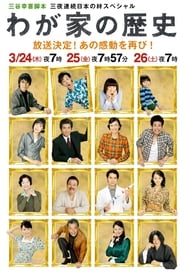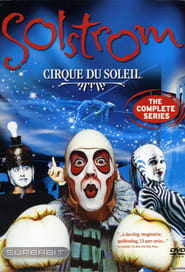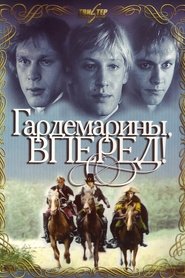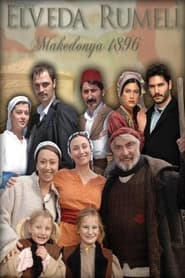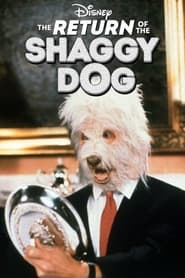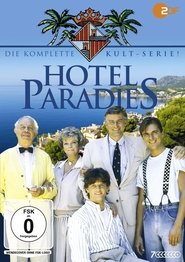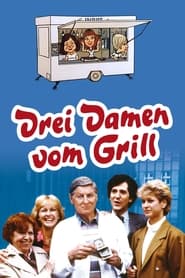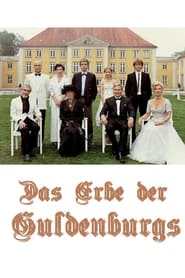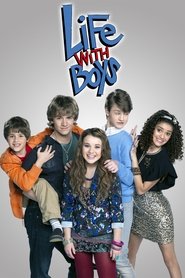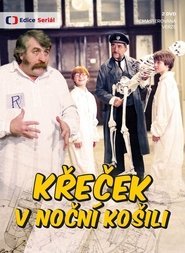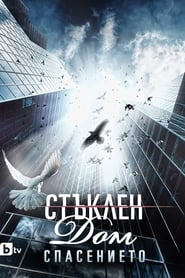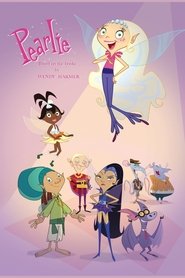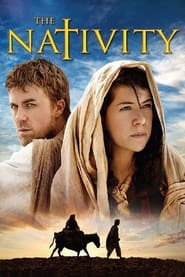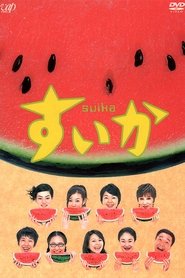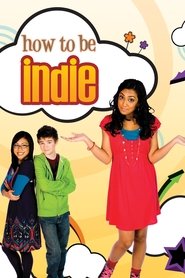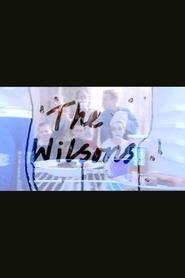Top Rated Family TV Series on Tub Tv - Page 97
-
The History of Our Family
2010
star 7Wagaya no Rekishi is a Japanese three-part television mini-series, shown on Fuji TV from April 9, 2010 to April 11, 2010 to celebrate its 50th Anniversary. The show was known for its star-studded cast. -
Life Is Beautiful
2010
Life Is Beautiful
2010
star 7.4Set in Jeju, the drama revolves around a loving, multi-generation family led by the parents, Yang Byung Tae and Kim Min Jae, and their four children Tae Sub, Ji Hye, Ho Sup, and Cho Rong, as well as assorted grandparents and uncles. The story follows the family's everyday lives and conflicts. -
Cirque du Soleil: Solstrom
2003
star 8.6Solstrom is a Cirque du Soleil television series in thirteen 45-minute episodes from 2003. It was initially broadcast on the U.S. Bravo cable network and aired on Bold in Canada and SBS Television in Australia. It has also been released on DVD. -
Naval Cadets, Charge!
1988
star 8Three naval cadets accidentally get possession of a secret diary that was stolen from Bestuzhev, a vice-chancellor of Russia. If this diary ever gets abroad, the consequences for the country would be grave. The cadets are trying to return the papers to their owner, but there are others who want to get the papers... -
Elveda Rumeli
2007
-
The Return of the Shaggy Dog
0000
star 3.4The Return of the Shaggy Dog is a 1987 two-part television movie midquel to the 1959 feature film, The Shaggy Dog, set before the events of The Shaggy D.A.. -
Hotel Paradies
1990
-
Family Dr. Kleist
2004
Family Dr. Kleist
2004
star 6.6Examining different species of animals as they grow to adulthood and learn life lessons that are sometimes difficult. -
Drei Damen vom Grill
1977
-
Life with Boys
2011
Life with Boys
2011
star 7.6Life with Boys is a Canadian teen sitcom that started broadcasting in Canada on YTV in September 2011. It follows Tess Foster as she copes with living in a home with just boys: her father, Jack, and three brothers, Gabe, Spencer and Sam. With the help of her best friend, Allie, she pulls through. Life with Boys is created by Michael Poryes, who also co-created Hannah Montana and That's So Raven. It was announced that Life with Boys was renewed a second season. Shooting started on September 4, 2012, in Toronto. On February 6, 2013, the series premiered on American network TeenNick. -
Bulbulay
2009
Bulbulay
2009
star 7.6'Bulbulay' is a sitcom that revolves around a family of four. In each episode Momo, Nabeel, Khoobsurat and Mehmood Sahib, find themselves in a new situation every time and deal with the consequences in their own unique manner. -
Glass Home
2010
Glass Home
2010
star 4.4Glass Home is a Bulgarian drama series created by bTV. It's a family drama and the executive producers are Dimityr Mitovski and Dimityr Gochev from "Camera OOD". It airs in bTV's primetime. Some of Bulgaria's most famous actors star in the series, which is directed by Viktor Bojinov and Petar Rusev. -
Flying Wild Alaska
2011
Flying Wild Alaska
2011
star 7Flying Wild Alaska is a documentary television series that aired on Discovery Channel in 2011 and 2012. The show features the Tweto family from Unalakleet, Alaska who run the Alaska airline Era Alaska. They operate the hub operations from Unalakleet. The show also features other segments from their bases in Barrow, Deadhorse, and other places. -
Pearlie
2009
Pearlie
2009
star 7.2Pearlie is a tiny fairy with a big heart, and equally big plans. With the help of her two best friends - outback fairy Opal and lazy right-hand elf Jasper - she's in charge of taking care of her home, Jubilee Park, and all the residents that live there. Standing in her way is her jealous cousin Saphira, who plots to get her fired. -
The Nativity
2010
The Nativity
2010
star 8.8Drama revealing the human story beneath the classic biblical tale, from the courtship of Mary and Joseph in Nazareth to the birth of Jesus in a Bethlehem stable. -
Suika
2003
Suika
2003
star 8.6Suika, which means watermelon, is a Japanese television drama about four roommates, played by Satomi Kobayashi, Rie Tomosaka, Mikako Ichikawa, and Ruriko Asaoka. -
How to Be Indie
2009
How to Be Indie
2009
star 5.4How to Be Indie was a Canadian television show on YTV. The main character is a 13-year-old Indian Canadian teenager named Indira "Indie" Mehta. The program is a single-camera series intended for a youth audience. The series was created by Vera Santamaria, John May, and Suzanne Bolch. The series ran for two seasons and aired its final episode on October 24, 2011 on YTV in Canada and May 26, 2012 on Disney Channel in the United Kingdom. -
The Wilsons
2000
The Wilsons
2000
star 6Comedy drama about a deeply dysfunctional family from South London. Ray, a friendly but hopeless fifty-something, is a widower with three daughters, two sons and a drink problem.
 Netflix
Netflix
 Amazon Prime Video
Amazon Prime Video
 Apple iTunes
Apple iTunes
 Apple TV Plus
Apple TV Plus
 Disney Plus
Disney Plus
 Google Play Movies
Google Play Movies
 Paramount Plus
Paramount Plus
 Hulu
Hulu
 HBO Max
HBO Max
 YouTube
YouTube
 fuboTV
fuboTV
 Peacock
Peacock
 Peacock Premium
Peacock Premium
 Amazon Video
Amazon Video
 The Roku Channel
The Roku Channel
 AMC+
AMC+
 Kocowa
Kocowa
 Hoopla
Hoopla
 The CW
The CW
 Vudu
Vudu
 Starz
Starz
 Showtime
Showtime
 PBS
PBS
 Pantaflix
Pantaflix
 FXNow
FXNow
 Tubi TV
Tubi TV
 Kanopy
Kanopy
 Comedy Central
Comedy Central
 Crunchyroll
Crunchyroll
 Microsoft Store
Microsoft Store
 Redbox
Redbox
 Sun Nxt
Sun Nxt
 ABC
ABC
 DIRECTV
DIRECTV
 Crackle
Crackle
 Fandor
Fandor
 Plex
Plex
